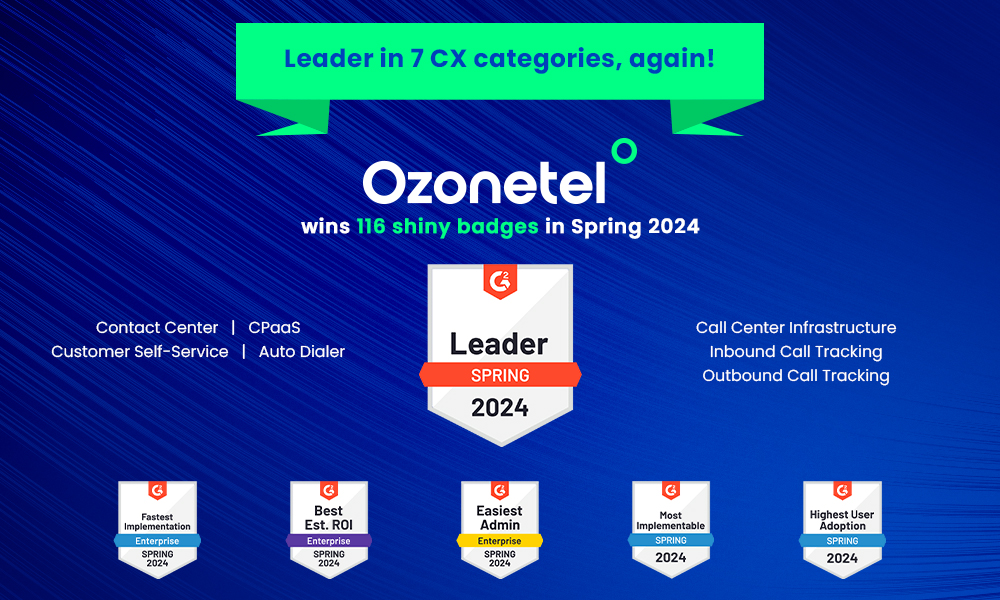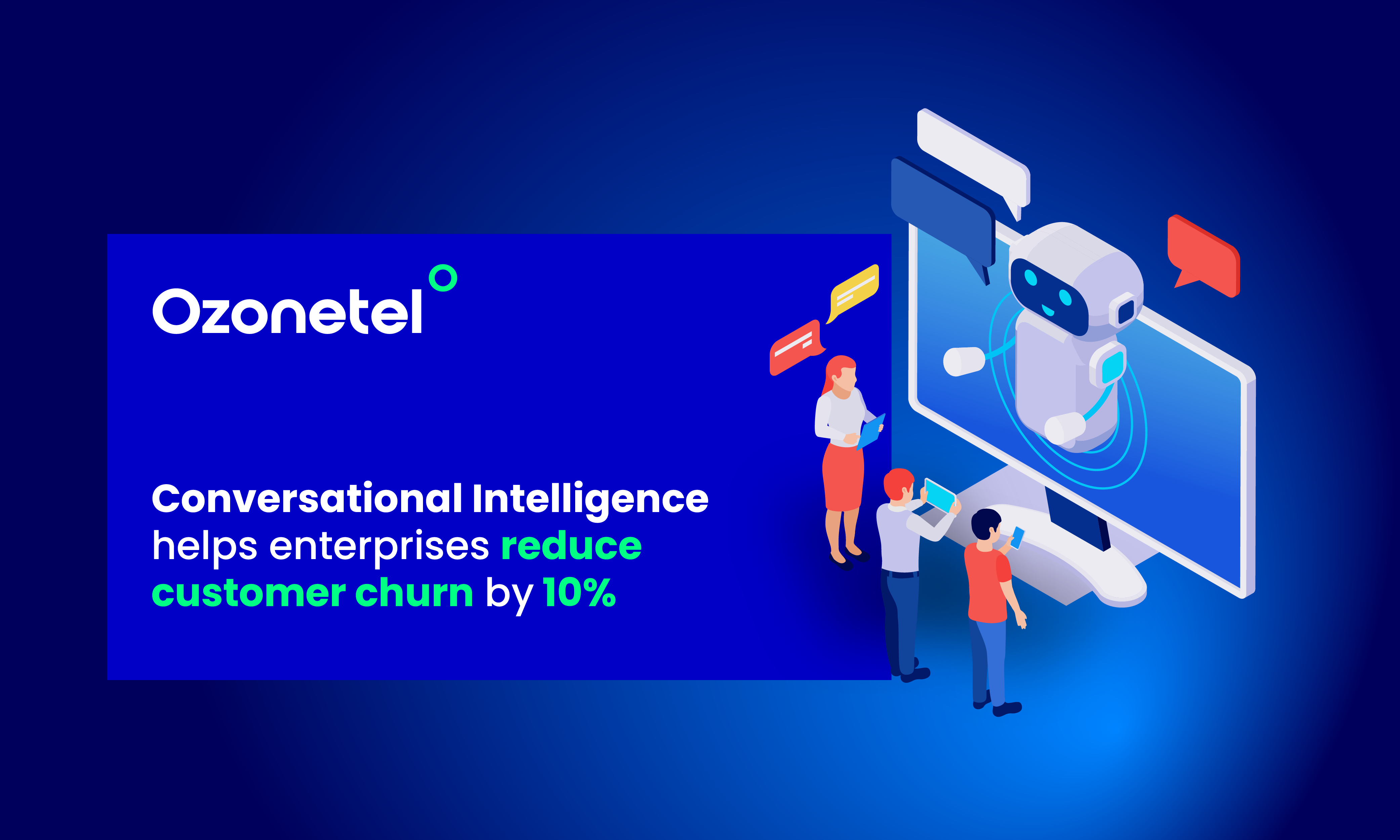- Resources
- Customer Service vs Customer Support
Customer Service vs Customer Support

Poor customer experiences can be a significant pain point that impacts productivity, satisfaction, and even brand loyalty. Whether it’s being stuck on hold for hours, navigating confusing automated systems, or receiving templated responses that fail to address your specific needs, poor customer experiences can be a significant pain point.
In fact, studies show that a staggering 30% of customer service professionals cite measuring and improving support quality as one of their biggest challenges. With so much at stake, it’s clear that finding a solution to deliver exceptional customer experiences should be a top priority for any business or organization.
However, when we talk about elevating customer experience, two terms often get used interchangeably: customer service and customer support. While both are crucial for a positive experience, understanding their subtle differences can significantly improve your customer service strategy.
In this article, we will dive deep into the intricacies of customer service vs customer support, providing you with the insights and strategies you need to elevate your customer experience and leave a lasting, positive impression on the people who matter most – your customers. Read along!
Summary
While both customer service as well as customer support serve the same purpose i.e. to help deliver superior experiences, the former is more transactional in nature and focuses on assisting customers during the purchasing process. Customer support, on the other hand, is more product-focused and aims to resolve specific problems with a company’s goods or services.
It is important for organizations to constantly evaluate and improve both customer service and customer support processes. They should gather feedback, analyze customer data, and implement changes to enhance satisfaction, streamline operations, and drive business growth.
In this article, we will explore:
What is Customer Support?
Customer support refers to the guidance and assistance provided to customers before, during, and after purchasing a product or service. Its primary purpose is to address any issues or problems the customer may have and ensure their satisfaction with the business’s offerings.
The history of customer support goes back to the early 20th century when companies began to recognize the importance of addressing customer concerns and providing top-notch service. In the following years, customer support evolved as new technologies and communication channels emerged.
Today, customer support encompasses various channels and strategies to deliver timely, efficient, and personalized customer assistance. Whether your customers reach out through phone, email, chat, or self-service software , your customer support team is critical in enhancing satisfaction, bolstering brand credibility, and nurturing long-term loyalty., your customer support team is critical in enhancing satisfaction, bolstering brand credibility, and nurturing long-term loyalty.
Importance of Customer Support
A strong customer support system directly influences your retention rate by nurturing long-term relationships. When your support team provides prompt and efficient resolutions, customers feel heard, valued, and inclined to continue doing business with you, leading to increased sales and revenue.
Here are a few more reasons why customer support is important:
- Positive Brand Reputation: You convey a strong commitment to quality and customer satisfaction by providing attentive, effective support. These positive experiences become associated with your brand, fostering a sense of reliability that can withstand challenges and attract new customers while encouraging repeat business from existing ones.
- Better Competitive Advantage: When customers evaluate their options, the level of support you provide can be a deciding factor, conveying your company’s dedication to going the extra mile to fulfill their needs. You can also position your brand as the preferred choice by outshining your competitors in this area.
- Increased Sales and Revenue: Loyal, satisfied customers are more likely to make repeat purchases, boosting customer lifetime value. By investing in your support capabilities, you can cultivate a devoted following that continues to do business with you and serves as a brand advocate, driving new customer acquisition through referrals and positive reviews.
What is Customer Service?
Customer service encompasses the support, assistance, and overall experience you provide to your customers before, during, and after they engage with your products or services. It goes far beyond the traditional phone-based help desk, extending across various channels such as email, web, text, and social media.
Many companies offer self-service options, helping them resolve queries quickly. Exceptional customer service is important for the success and growth of your business. In fact, studies show that customers are willing to spend 17% more with businesses that deliver great customer service. However, it’s important to understand that the definition of “good” customer service is flexible and entirely dependent on your customers’ expectations which are often influenced by factors like industry, pricing, and brand reputation.
For example, the level of service a customer expects in economy class air travel is likely very different from the service they would anticipate in business class. Understanding and meeting these unique expectations is the key to providing an exceptional customer experience that keeps your clients coming back.
Importance of Customer Service
Research suggests that 89% of companies now expect to compete primarily based on customer experience. This highlights the importance of investing in a robust customer service structure that sets your business apart and delights your clientele.
Here are a few more pointers that drive the importance of customer service in an organization:
- Boosts Customer Retention: Great customer service helps build strong, loyal relationships with your customers. They are far more likely to continue doing business with you when customer feel appreciated, valued, , and well-supported.
- Increases Revenue: Satisfied, loyal customers are more inclined to make repeat purchases and spend more over time. They are also more likely to generate positive word-of-mouth, leading to enhanced brand awareness and new customer acquisition.
Reduces Costs: You can avoid the high costs of acquiring new customers by delivering top-notch customer service and reducing customer churn. Also, customer retention is generally more cost-effective than constantly seeking out new ones.
Customer Support Vs Customer Service
Customer service offers comprehensive assistance throughout the customer journey, from the initial inquiry to post-purchase support, ensuring a smooth and satisfactory experience. On the other hand, customer support focuses on addressing specific issues or queries that customers encounter with a product or service. Let’s understand the key difference between customer service and customer support in more detail:| Aspect | Customer Service | Customer Support |
|---|---|---|
| Focus | Efficient, helpful customer transactions | Enhancing the intersection between customer experience and the product |
| Metrics Measured | CSAT, average handle time, first contact resolution | Transactional metrics and business-related metrics like net promoter score, customer effort score, churn |
| Industry Presence | Retail, fast food, banking, hospitality, etc. | Primarily in SaaS and ecommerce companies |
| Knowledge Depth | Broad understanding of company’s products, policies, values, and operations | Detailed knowledge about company’s products and services |
| Interaction Style | Proactive assistance from start to end | Reactive problem-solving when consumers have issues |
| Relationship Building | Transactional interactions with clear goals | Building positive ongoing relationships with customers |
| Solution Approach | Providing answers or assistance with standardized solutions | Technical problem solving, troubleshooting, finding new solutions |
| Industry Coverage | Widespread across various customer-centric industries | Mainly in technology companies like IT, ecommerce, and SaaS |
| Intervention | Aims to prevent problems before they occur | Focuses on resolving existing problems and providing assistance |
Strategies to Elevate Customer Service and Support
Nowadays, customer expectations have reached an all-time high. No longer is simply resolving issues enough. Customers crave a proactive, personalized experience that leaves them feeling valued and empowered. To stay ahead of your competition and cultivate brand loyalty, businesses must continuously elevate their customer service and support strategies. And how can you ensure that? Here are some tips to help you out:
Understand Your Customers’ Needs
The foundation of exceptional customer service and support lies in understanding your customer needs and pain points. Rather than making assumptions, actively engage with your customers through surveys, emails, and direct conversations to gain a deeper, nuanced understanding of their requirements. Using these insights, you can tailor your approaches and solutions to deliver a personalized experience that resonates with each customer.
Foster a Culture of Honest Feedback
Cultivate an environment where your customers feel empowered to provide honest, constructive feedback without fear of retribution. Encourage your agents to approach every interaction with integrity and transparency, ensuring your customers feel heard, respected, and valued. By embracing positive and negative feedback, you can identify areas for improvement and leverage customer insights to drive continuous refinement of your service and support offerings.
Establish Measurable Performance Metrics
Develop a comprehensive framework to track and assess your team’s performance, allowing you to identify strengths, address weaknesses, and set meaningful goals for improvement. Key performance indicators (KPIs) such as Negative Response Rate (NRR), First Contact Resolution (FCR), Customer Satisfaction Scores (CSAT), and Average Resolution Time (ART) can provide valuable data to guide your strategy and ensure your agents are aligned with your customer-centric objectives.
Communicate Clear Service Standards
Define and communicate service standards that outline your expectations for online customer service and support excellence. Provide your agents with a quality assurance checklist to ensure consistency and clarity in their interactions, and regularly review their performance against these established benchmarks. Transparent feedback and coaching will empower your team to deliver the level of service your customers deserve.
Adopt an Omnichannel Approach
Implement an omnichannel customer service and support strategy to meet your customers where they are. Identify the channels your customers prefer, whether email, social media, live chat, or self-service resources, and ensure a seamless, consistent experience across all touchpoints. By reducing friction and increasing accessibility, you can enhance customer satisfaction and drive more efficient issue resolution.
Recognize and Reward Your Employees
Acknowledge and celebrate the efforts of your customer service and support team members. For this, you can implement a recognition and rewards program that celebrates individual and team achievements, fueling a sense of pride and motivation. From monetary incentives to non-material forms of recognition, these initiatives will help your employees feel valued and empowered to deliver exceptional customer experiences.
Elevate CX: Blending Customer Support and Customer Service
While customer support and customer service may have distinct responsibilities, they ultimately share a common goal: to provide a seamless and exceptional customer experience. By recognizing the nuances between these two disciplines and leveraging their strengths, businesses can deliver a well-rounded approach that truly puts the customer first.
Customer support teams excel at resolving technical issues and ensuring the smooth functioning of products or services. However, the most successful support agents understand that their role extends beyond just addressing the problem at hand. Support agents can transition into a more holistic customer service role by fostering empathy, developing rapport, and focusing on the customer’s overall needs. This approach resolves the immediate issue and strengthens the long-term relationship between the customer and the business.
Conclusion
The digital customer journey encompasses the entire process a user undergoes when interacting with your brand, from initial discovery to advocacy, spanning across five critical stages: discovery, consideration, purchase, retention, and advocacy. Touchpoints, which are the various points of customer contact throughout this journey, play a pivotal role in shaping the overall experience.
Ultimately, the success of your company hinges on the optimization of your digital customer journey, as the customer’s process is just as relevant as the purchase itself. To achieve great customer experiences, leveraging a powerful customer experience management platform like Ozonetel’s Digital CX Solution becomes indispensable.
With its AI-enabled Customer Journey Studio, omnichannel capabilities, and seamless integration with third-party systems, you can design and deliver personalized, contextualized journeys that transcend traditional rule-based engagement.
Try Ozonetel's unified CX platform to deliver exceptional support & service
Firms using Ozonetel solutions have optimized operational costs by over 25% & achieved 5X higher FCR.
Frequently Asked Questions
Customer support typically refers to the assistance provided to customers when they face issues or have questions about a product or service. On the other hand, customer service encompasses a broader range of activities, including addressing inquiries, handling complaints, and ensuring customer satisfaction throughout the entire customer journey.
Customer service is a broader concept that includes all interactions and assistance provided to customers before, during, and after a purchase. It includes answering inquiries, resolving complaints, and ensuring customer satisfaction. General support, however, refers to helping and guidance related to a product or service but may not necessarily involve direct interaction with customers.
Customer service typically refers to the support and assistance provided to individual customers who purchase products or services from a company. On the other hand, client service focuses on managing and nurturing relationships with specific clients or accounts, often in a business-to-business (B2B) context.
Customer service aims to provide support and assistance to customers throughout their journey with the company. On the other hand, a helpdesk is a specific support function or department within an organization dedicated to handling technical issues, troubleshooting problems, and assisting users. While customer service focuses on the overall customer experience, a helpdesk specializes in technical support and problem resolution.
Prashanth Kancherla
Chief Operating Officer, Ozonetel Communications
Over the past decade, Prashanth has worked with 3000+ customer experience and contact center leaders...
Chief Operating Officer, Ozonetel Communications
Over the past decade, Prashanth has worked with 3000+ customer experience and contact center leaders to comprehensively understand the need for effective and efficient customer communications at every step of their journey with a brand. Deeply embedded in today’s CCaaS ecosystem, he has been instrumental in Ozonetel's growth and contributed in various roles including product management, sales, and solution architecture.







